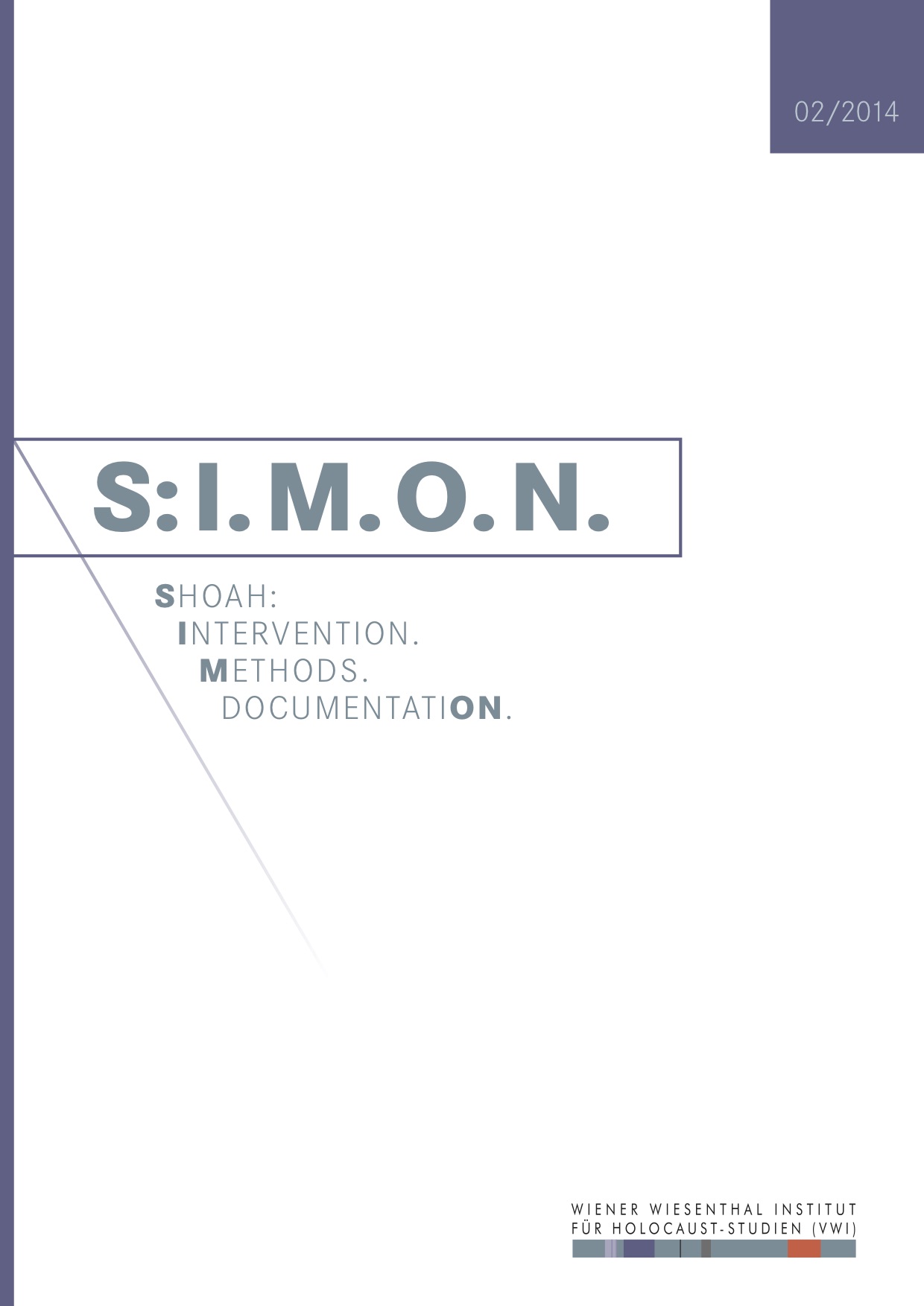Culture, Trauma, Morality and Solidarity - The Social Construction of ‘Holocaust’ and Other Mass Murders
Culture, Trauma, Morality and Solidarity - The Social Construction of ‘Holocaust’ and Other Mass Murders
Author(s): Jeffrey C. AlexanderContributor(s): Suzanne Swartz (Editor)
Subject(s): Jewish studies, Ethics / Practical Philosophy, Social Theory, Studies in violence and power, Fascism, Nazism and WW II, History of the Holocaust
Published by: Wiener Wiesenthal Institut für Holocaust-Studien
Keywords: cultural trauma; group consciousness; future identity; social responsibility; political action; human suffering; moral responsibility;
Summary/Abstract: Cultural trauma occurs when members of a collectivity feel they have been subjected to a horrendous event that leaves indelible marks upon their group consciousness, marking their memories forever and changing their future identity in fundamental and irrevocable ways. While this new scientific concept clarifies causal relationships between previously unrelated events, structures, perceptions, and actions, it also illuminates a neglected domain of social responsibility and political action. By constructing cultural traumas, social groups, national societies, and sometimes even entire civilizations, not only cognitively identify the existence and source of human suffering, but may also take on board some significant moral responsibility for it. Insofar as they identify the cause of trauma in a manner that assumes such moral responsibility, members of collectivities define their solidary relationships that allow them to share the suffering of others. Is the suffering of others also our own? In thinking that it might in fact be, societies expand the circle of the ‘we’ and create the possibility for repairing societies to prevent the trauma from happening again. By the same token, social groups can, and often do, refuse to recognise the existence of others’ suffering, or place the responsibility for it on people other than themselves.
Journal: S:I.M.O.N. Shoah: Intervention. Methods. Documentation.
- Issue Year: 1/2014
- Issue No: 2
- Page Range: 156-167
- Page Count: 12
- Language: English

